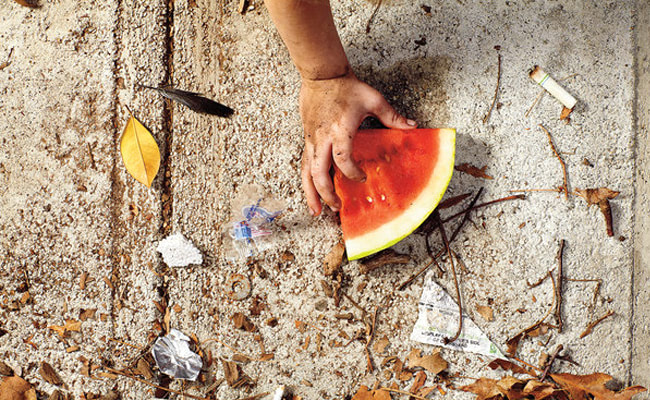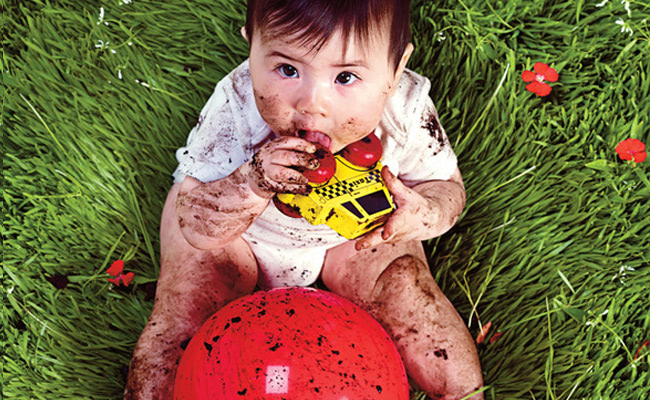For most Westerners it feels natural to shower once a day, to wash hands after a visit to the restroom and again before dinner, but in the long term these hygienic habits might do more harm than good to our health - researches say.
By getting rid of the ‘bad’ bacteria, we remove the good ones as well. If that doesn’t sound too alarming to you, think about the fact that our bodies are carriers of unique genetic information, of which more than 99% is microbial. Our lives quite literally depend on bacteria.
For every human cell that makes up our bodies, there are about ten resident microbes. Only recently we are becoming aware of the importance of our microbiome, making our multifronted war to germs and a diet detrimental to them, since mid 20th century, very questionable. Researchers are starting to talk of an impoverished “Westernized microbiome” and ask whether a “restoration ecology” project – not in the rainforest but in the human gut – is necessary.
Our pervasive preoccupation with cleanliness resides both in our culturally acquired need to wash ourselves with soap throughout the day and our fear of unhygienic processed food. We are at a point where we trust the food from large invisible corporations more than the food made by our neighbors.
A study on the development of the microbiome in the gut of babies has yielded key insights on why the colonization of the gut is so important for our health. For years, nutrition scientists were puzzled by the presence of certain complex carbohydrates, called oligosaccharides, in the human breast milk; babies do not have the right enzymes necessary to digest them. They found out that these carbohydrates are not meant to nourish the baby, this task is fulfilled by a specific gut bacterium called Bifidobacterium infantis, which is especially well suited to break down and use the oligosaccharides in mother’s milk. Without this bacterium, babies would be more vulnerable to infections and inflammations.

Our concern for cleanliness is probably caused by one of the most effective advertising campaigns in history. In 1927 the Cleanliness Institute was founded by various soap brands to promote tidiness. They purposefully targeted children, as they would guarantee a market for years to come. "The trade association wanted Americans to wash quite unwittingly after toilet, to wash without thought before eating, to jump into the tub as automatically as one might awake each new day" professor Vincent Vinikas writes in his book Soft Soap, Hard Sell. Sounds pretty recognizable, doesn’t it?
Cleanliness is not a bad thing in itself, it’s a matter of balance, 300 years ago the balance was as far off as it is now but in the opposite direction. Our hygiene fetish threatens the microbiome inherent biodiversity on which our bodies depend. Microbes might be invisible, but they are far from insignificant.
Source: Gizmodo, New York Times Images: Hannah Whitaker

Share your thoughts and join the technology debate!
Be the first to comment